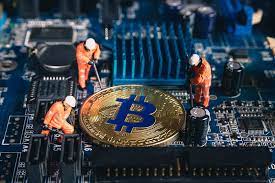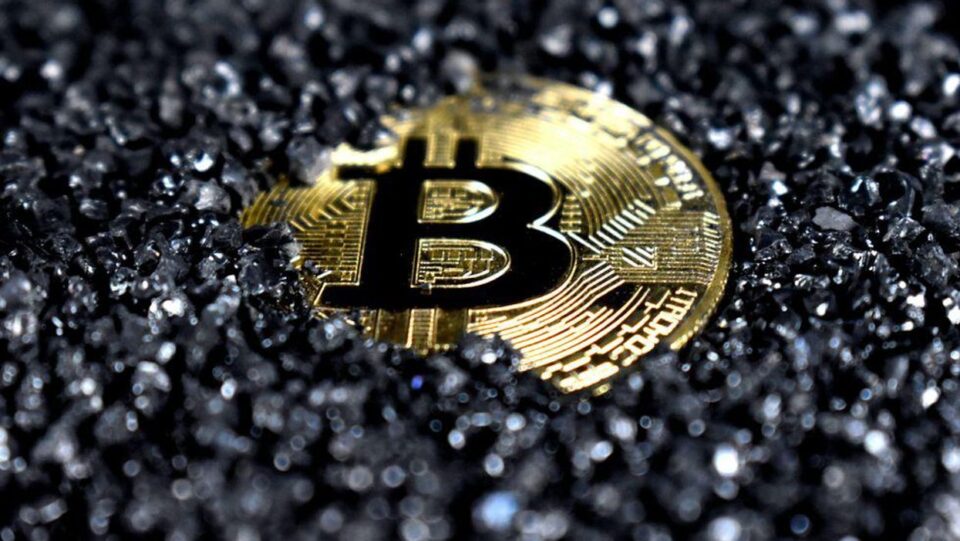Bitcoin (BTC), and cryptocurrencies in general, are proving themselves to be a viable option for people interested in investment and trading. What remains is the confusion that some people have with Bitcoin’s value and what may affect it. With everything that’s been going on in the crypto space over the past year, it’s easy to understand why a lot of people are now learning how to make money with Bitcoin.
5 things about Bitcoin’s price changes
All this attention is only natural given the success many have found through cryptocurrencies. But what affects the value of what it is we’re holding? What do you have to keep an eye on? Let’s take a closer look at some of the things that can have a huge impact on the value of Bitcoin.
Supply and demand still apply
Just like traditional stocks, Bitcoin’s value is heavily affected by the supply and demand for the cryptocurrency. To counter this, Bitcoin’s protocol automatically halves the rate at which BTC is mined once it reaches a certain milestone.
It should be noted that not all cryptocurrencies have a declared supply—Ethereum (ETH), for example, has no supply cap. To prevent an oversupply, some cryptocurrencies address this by “burning” existing tokens which is another way of saying that they’re removed from circulation.
Demand for Bitcoin is another issue. Geopolitical and economic considerations apply here, affecting the rate of adoption and utilization of the cryptocurrency. China, for example, saw citizens using Bitcoin to get around the regulatory control of the government. The consequence was a total ban on Bitcoin and other cryptocurrencies.
Regulatory bodies also want a take
As the world begins to understand the potential of cryptocurrencies and the value they can hold, more and more regulatory bodies are taking a keen interest in them. While this may go against the decentralized nature of Bitcoin, we can’t help but understand why these agencies want to take part.
In the U.S., both the Securities and Exchange Commission (SEC) and Commodity Futures Trading Commission (CFTC) are making claims that cryptocurrency transactions fall under their responsibility. Another example is that of the Philippine government which recently expressed its intent to tax players.
It costs money to mine
A lot of people are now understanding that Bitcoin’s value in the market is affected heavily by the cost of production. The cost of the equipment, along with the electricity used by these types of equipment, make this venture an expensive one for miners.

You’ve probably heard of Bitcoin mining, where miners use computer hardware like Graphics Processing Units (GPUs) to mine cryptocurrencies. These GPUs are known to be expensive as it is, but the situation came to a boiling point in the beginning of the global pandemic when a global chip shortage started affecting the supply chain.
Now coupling the amount of power needed to run these GPUs with the initial cost, and we can see how miners will need to be compensated for their efforts. Considering how long it might take for a mining venture to mine just 1 BTC, we can expect prices to remain proportional to the cost of production.
Attention can be bought with influence
Earlier this month, Elon Musk was reported to have said that Dogecoin, a coin meant to be a meme or joke coin, can be used to purchase Tesla merchandise. The immediate effect is a 15% increase in the price of Dogecoin, even with the terms and conditions for using it for purchases on Tesla’s website. This isn’t the first time it’s happened. In the past, we’ve seen tweets from Elon and other influential persons affect how people invest and interact with each other.

What people are saying now is that the more big companies invest into cryptocurrencies, the more difficult it will be for individuals to cause an upheaval in the market. The goal here is to emphasize the decentralized and unregulated nature of cryptocurrencies, diverting the power back to the masses.
Social media has a huge role to play
You might have encountered a lot of the jargon surrounding Bitcoin— HODL, FUD, and FOMO. These are just some of the possible effects of this attention on social media. For example, FOMO (fear of missing out) might be felt by people who didn’t buy a specific token, pressuring them to make an investment while they aren’t ready.
You might not feel the impact immediately but the fact is that people talk on social media and online platforms. It’s close to how stocks are affected by social behaviors. We might not be able to predict exactly what will happen but we should be able to see signs on our social media feeds.
We’re still learning about Bitcoin
While we may have had Bitcoin for more than 10 years now, the fact remains that we still don’t know everything we need to know. It’s still in its infancy and we can’t pretend to know exactly what we need to do to be successful with all our trades. The best step from here? Do your own research— it’s the only way to make sure you know what to do when things start looking confusing for everyone else.





